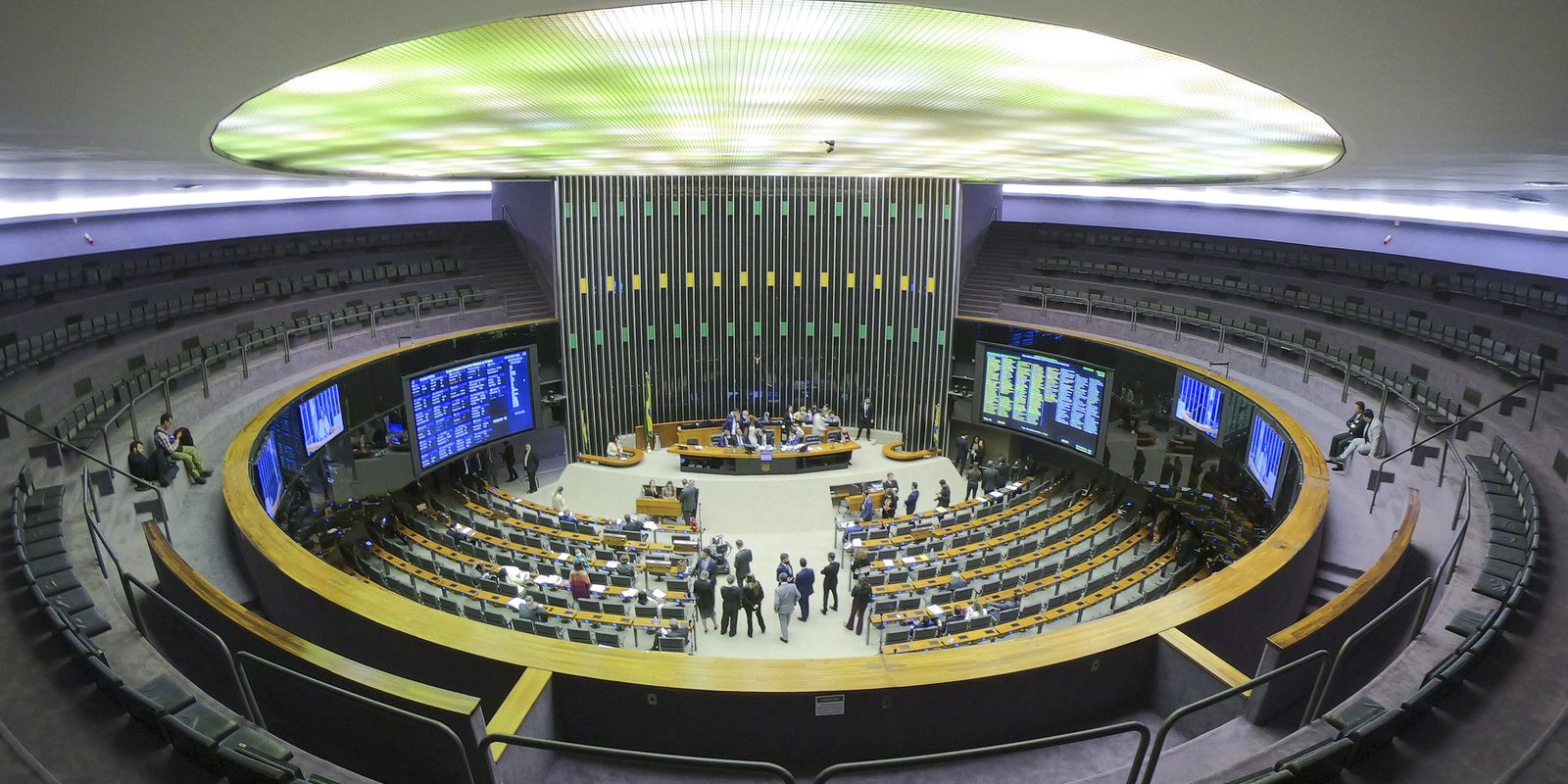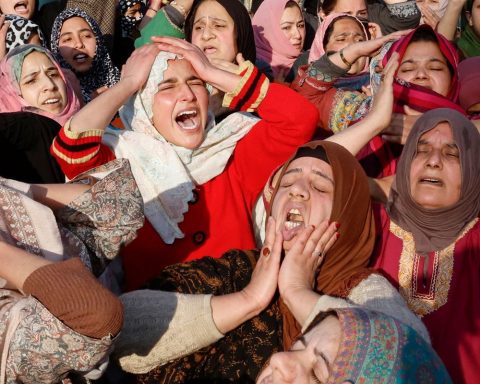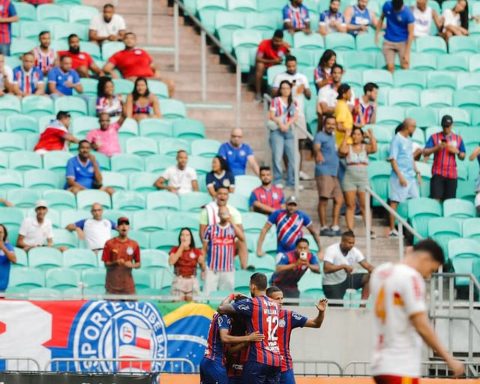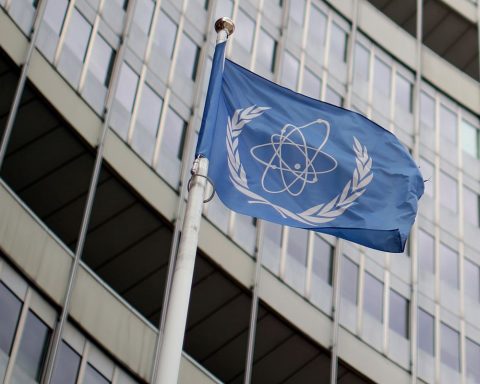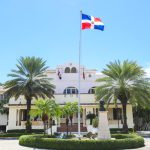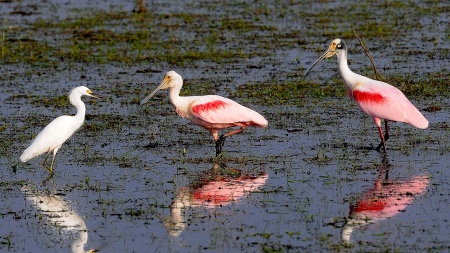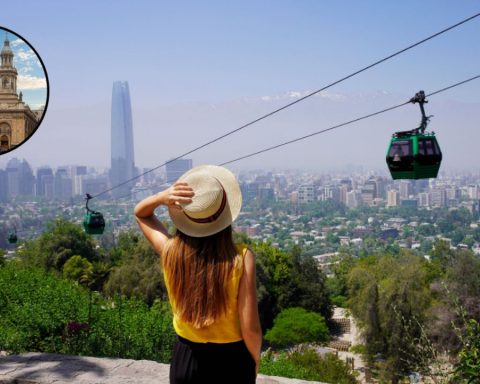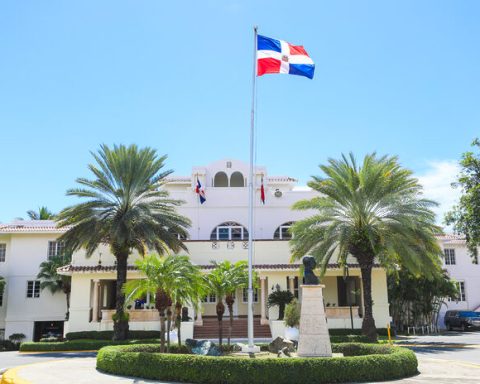The Chamber of Deputies this Tuesday (6th) proposed a proposal that extends for another six months the deadline for the installation of photovoltaic energy microgenerators and minigenerators with fee-free use of the distribution grid to throw electricity into the grid. This exemption runs until 2045. The matter goes to the Senate.
“The change expected to come into force from January 2023 should reduce the attractiveness of the projects and consequently discourage investments in this segment. We understand that this arrangement should remain attractive for an additional period, in order to allow expansion of the installed generation capacity of energy and increase of the country’s energy security from the diversification of supply”, justified the rapporteur, Deputy Beto Pereira (PSDB-MS).
Included in this exemption are small hydroelectric power plants with generation of up to 30 megawatts (MW) in the mini-generation concept, allowing the use of the wire fee exemption (TUSD B).
“The law originally required the use of renewable sources to qualify for this modality, but the current format does not allow the inclusion of this important source that can help meet the national energy demand. too much, considering its maturation time”, explained Pereira.
The text provides that part of the 2,500 MW of energy expected to be generated from natural gas in the Midwest, within the scope of the conditions for privatization of Eletrobras, will be generated by new small hydroelectric power stations, with the contracting carried out from the year that he comes.
Deputy Celso Russomano, author of the proposal, justified the measure by claiming that the distributors would be acting in the opposite direction to the objective of the law and creating “various embarrassments to consumers who wish to generate their own energy”. On the other hand, according to the author, these same agents have set up subsidiaries to economically explore this modality.
Contrary to the proposal, deputy Tiago Mitraud (Novo-MG) stated that the extension of the subsidy will impact the consumer’s pocket. In the congressman’s assessment, it was necessary to reduce or end the tax benefit.
“We believe that, in order to provide security to the sector and for the Brazilian population not to have to pay, in the light bill, values estimated by Aneel at more than R$ 25 billion, we need to maintain what was approved last year, withdrawing this project agenda and not bringing insecurity to the whole sector”, he argued.
